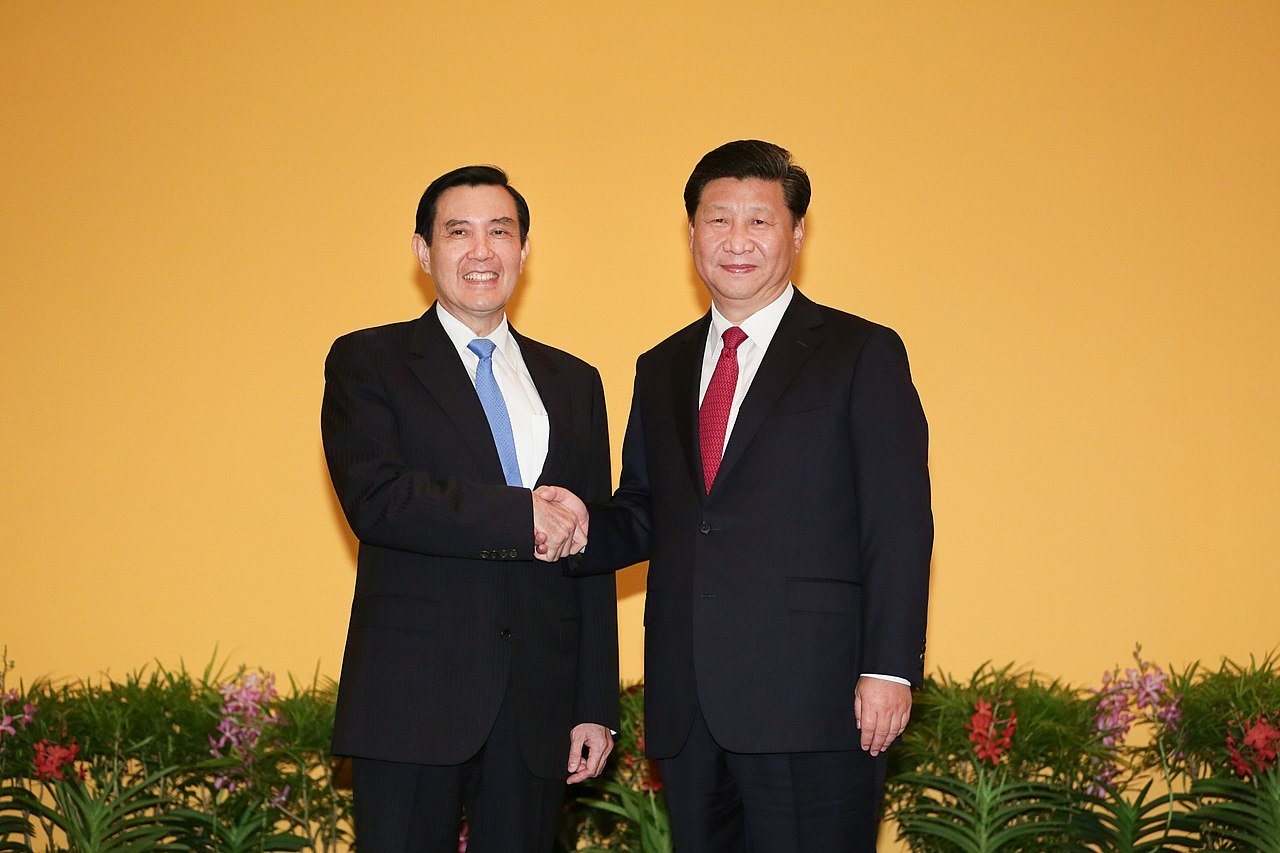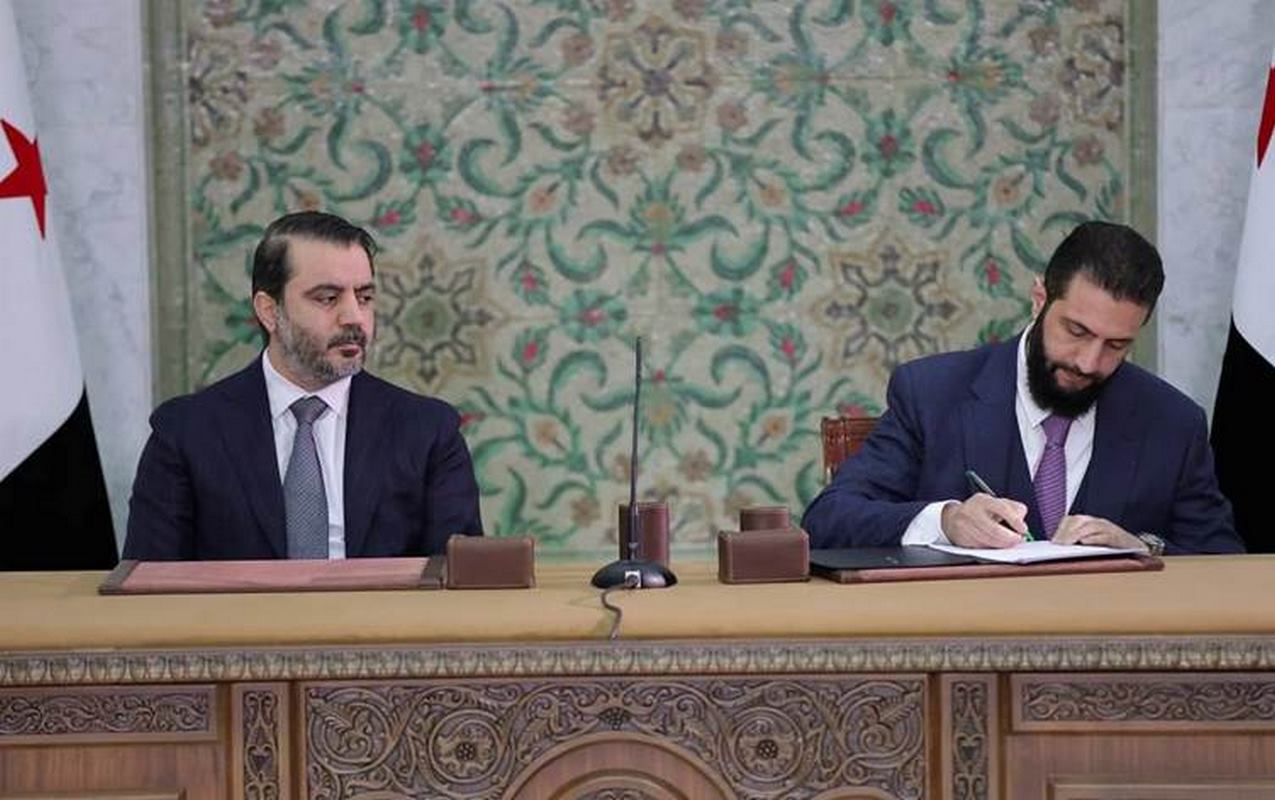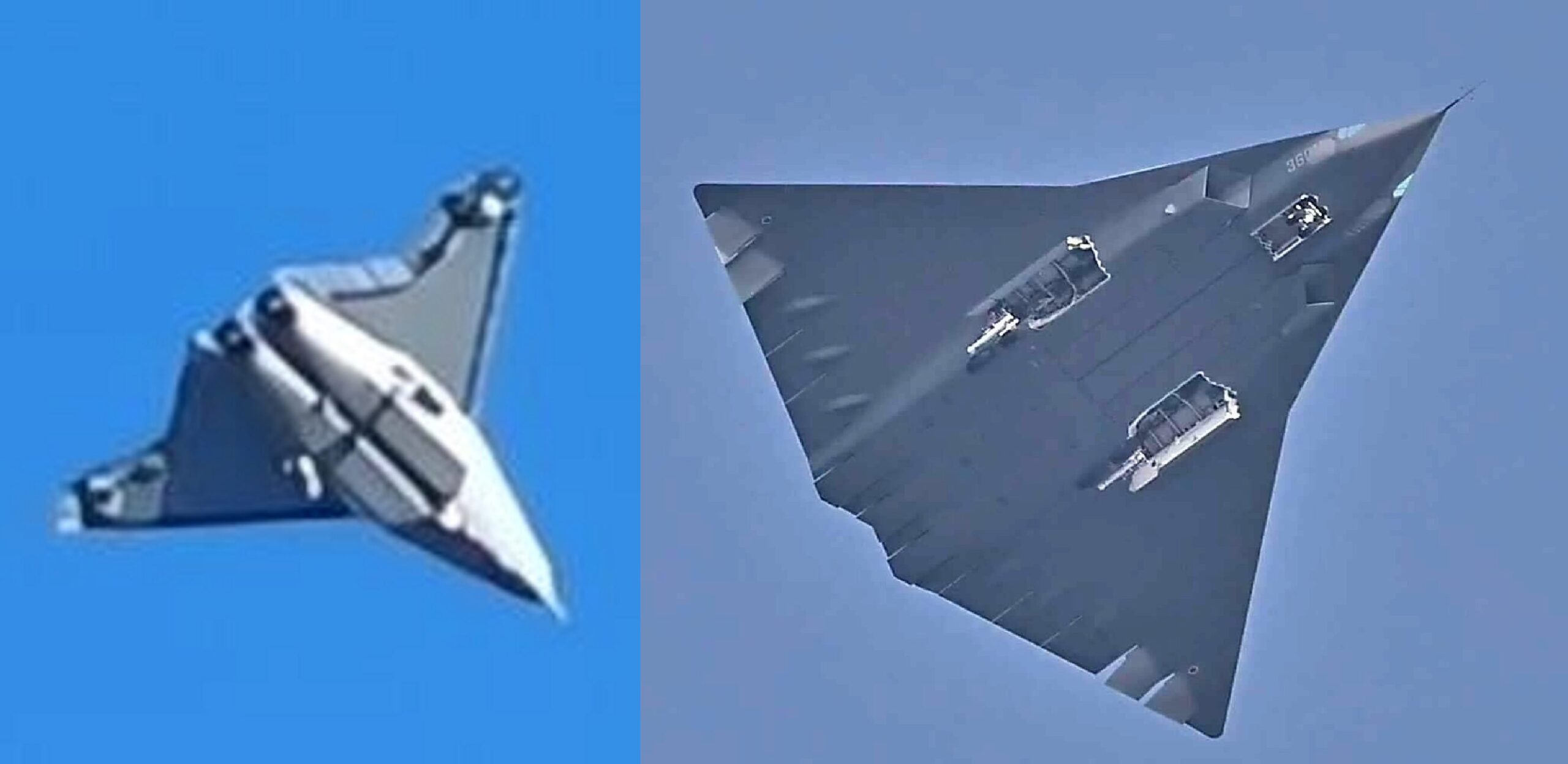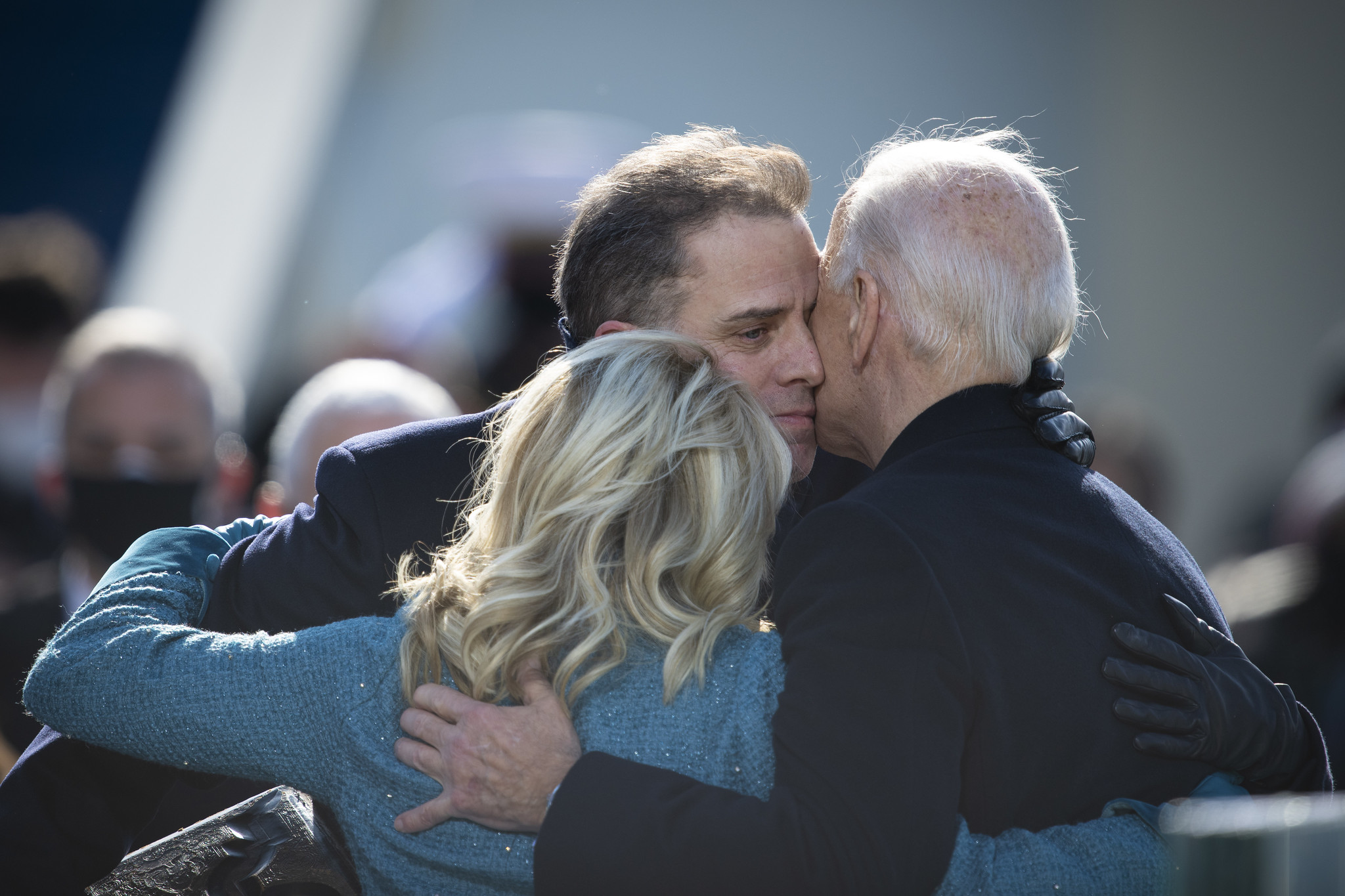Legislators within Taiwan’s multi-decadal ruling party, the DPP, have introduced amendments to a variety of existing laws aimed at reinforcing penalties for treasonists, but also whistleblowers, and infiltrators, but also non-hostile foreign residents.
The amendments are in lock-step behind the kinds of legislation being passed and affirmed in parliaments and courts all around the world which seek to make it a tougher place for anyone wishing to disclose classified government secrets.
Legislator Chen Kuan-ting from the DPP made the news with an amendment to Taiwan’s National Security Act that would see the minimum jail sentence of anyone “who intends to endanger national security or social stability and commits an offense” such as espionage or the sharing of national secrets increased to 10 years with an additional fine of $3 million.
Chen’s amendment would expand the definition of information sharing as well as the information in question to anything that “should be kept secret for national security or public interests,” Chen said, according to the Taipei Times.
He also proposed amending the National Intelligence Service Act to include the establishment of special new national security courts, in which judges trained for a requisite number of hours in matters and crimes related to national security and official secrets, would preside over cases prosecuted under the Anti-Infiltration Act and the National Security Act.
Separately, DPP Legislator Puma Shen proposed a draft amendment to the Act Governing Relations Between the People of the Taiwan Area and the Mainland Area that would give the national government powers to revoke residency permits of mainland Chinese spouses in Taiwan, if it is merely suspected that they present a national security concern.
This legislation would mandate deportation if they were convicted of “civil strife or foreign aggression” but would also be subject to having their residency revoked even if no conviction was made.
Stories of citizens and military alike leaking business or defense information to China are more common in Taiwan than elsewhere, but there’s nothing to prevent the DPP from applying these laws to party enemies, especially if the accused is tried in a national security court.
If these sorts of amendments, which have not yet passed, were introduced in a country with a less robust democracy and media-friendly environment, it wouldn’t be difficult to imagine reporters warning about the potential overreach environment in the vagueness of the amendment’s language.

Yin and Yang
Meanwhile, the more peacenik Kuomintang, (KMT) the founding political entity in Taiwan which has nevertheless become something of a serial opposition party, recently saw two of its senior members visit the mainland as part of a peace-building travel. This is the second year in a row that former party leader Ma Ying-jeou has visited the mainland on Tomb Sweeping Day, which took place over the weekend.
He arrived in part to pay respects to his ancestors buried in the PRC, but also with a group of Taiwanese students as part of a “journey of peace”.
Ma is expected to meet President Xi Jinping this week, but the meeting has yet to be confirmed officially. It would be the first visit between the two since 2015 when Ma had recently been defeated in national elections by the previous president of Taiwan, Tsai Ing-wen.
Chiu Tai-san, head of Taiwan’s Mainland Affairs Council (MAC), said on Monday according to local reports that “it is a good thing that both sides have communication and exchanges,” a notably more constructive comment than the last year’s visit, when Ma was criticized for not seeing the “real face of China”.
“I have always believed that there are no winners in war and no losers in peace. The mistakes of war may be forgiven, but the truth of history cannot be forgotten,” Ma told the national media at the museum in Beijing commemorating the second Sino-Japanese war.
“We, the younger generation, must remember that historical mistakes must not be repeated … We must learn to resolve disputes peacefully”. WaL



